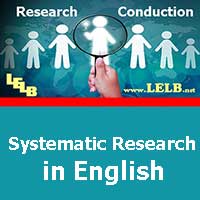Language Faculty & Language Organ | TESL Issues
Language Faculty Language Faculty We may assume that the linguistic theory of the language faculty is a theory of the cognitive architecture for language knowledge and acquisition. Chomsky postulated that there is a language organ, which is part of a human’s biological endowment and which houses the universal principles and parameters without which a child …


